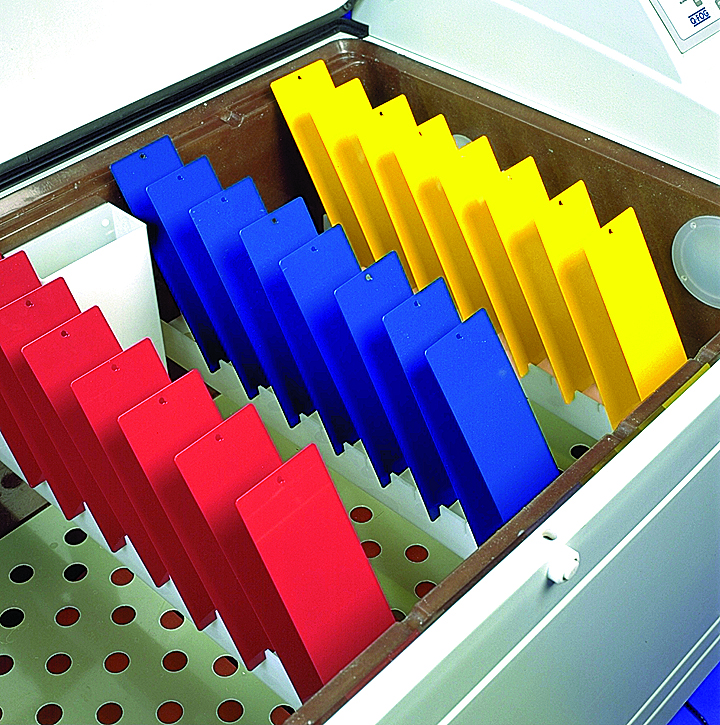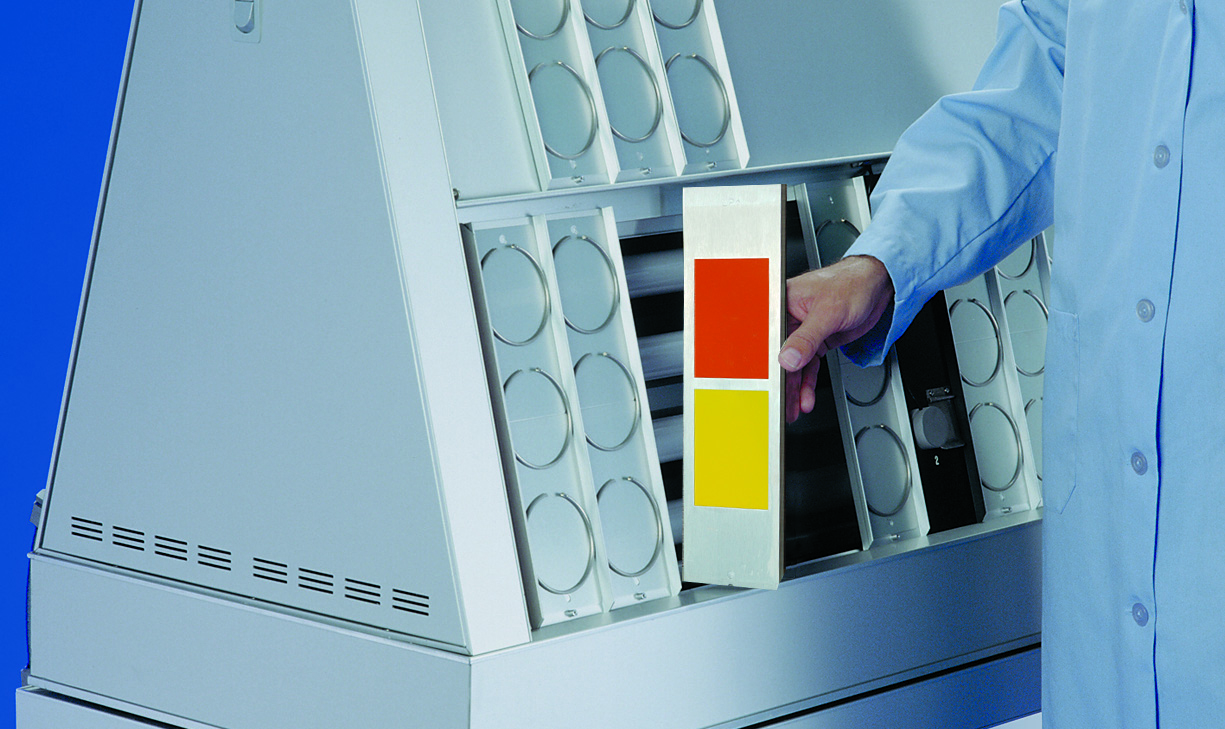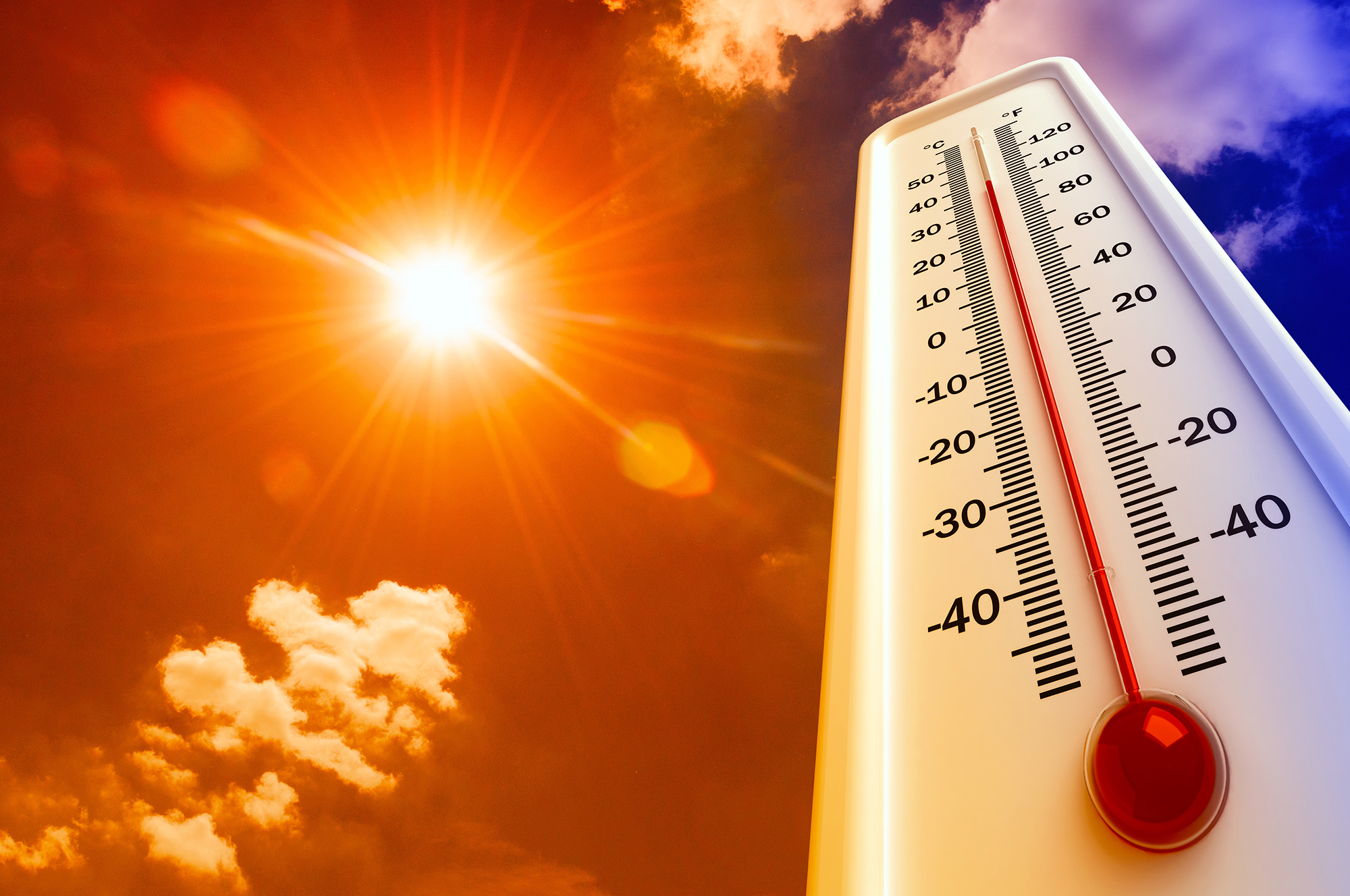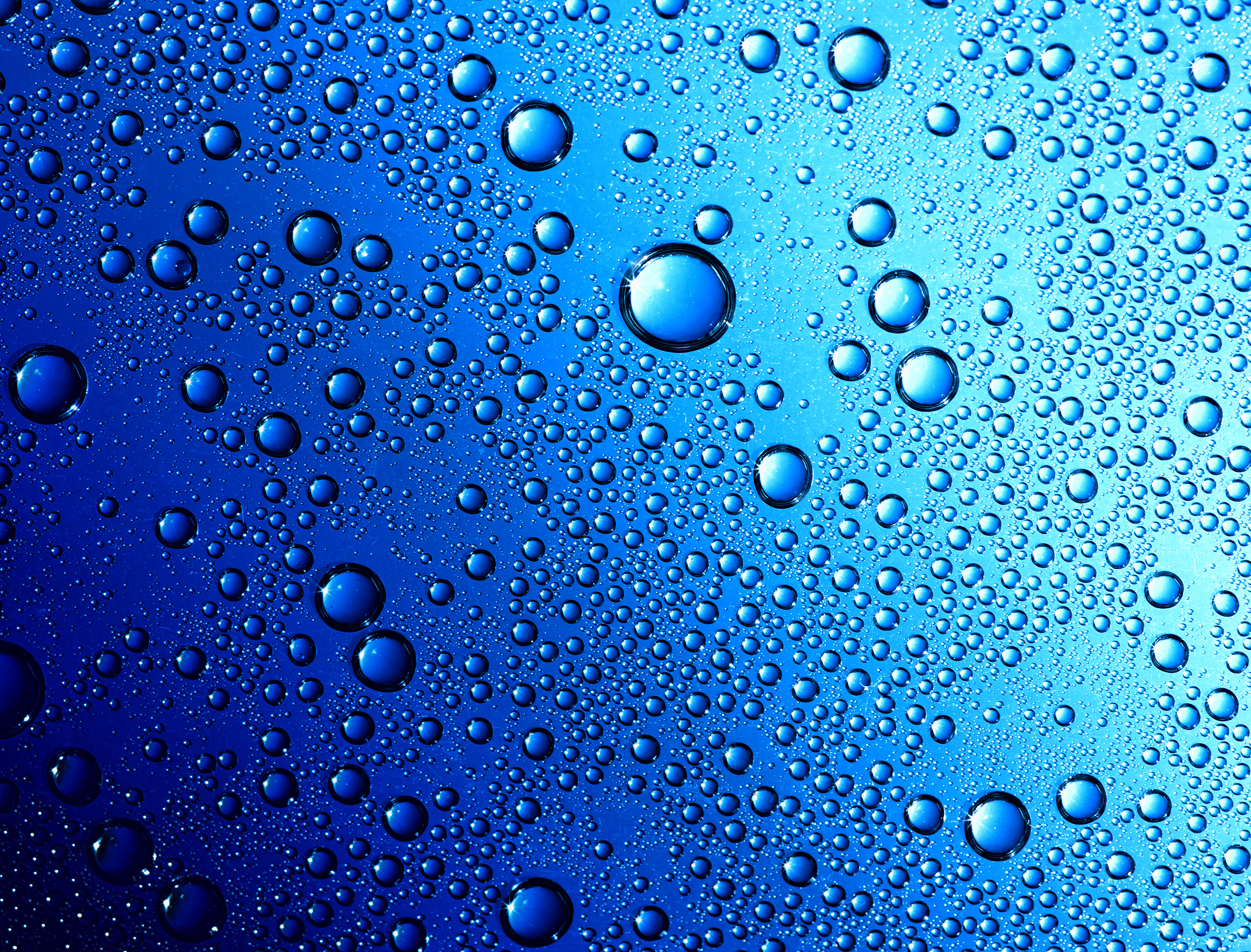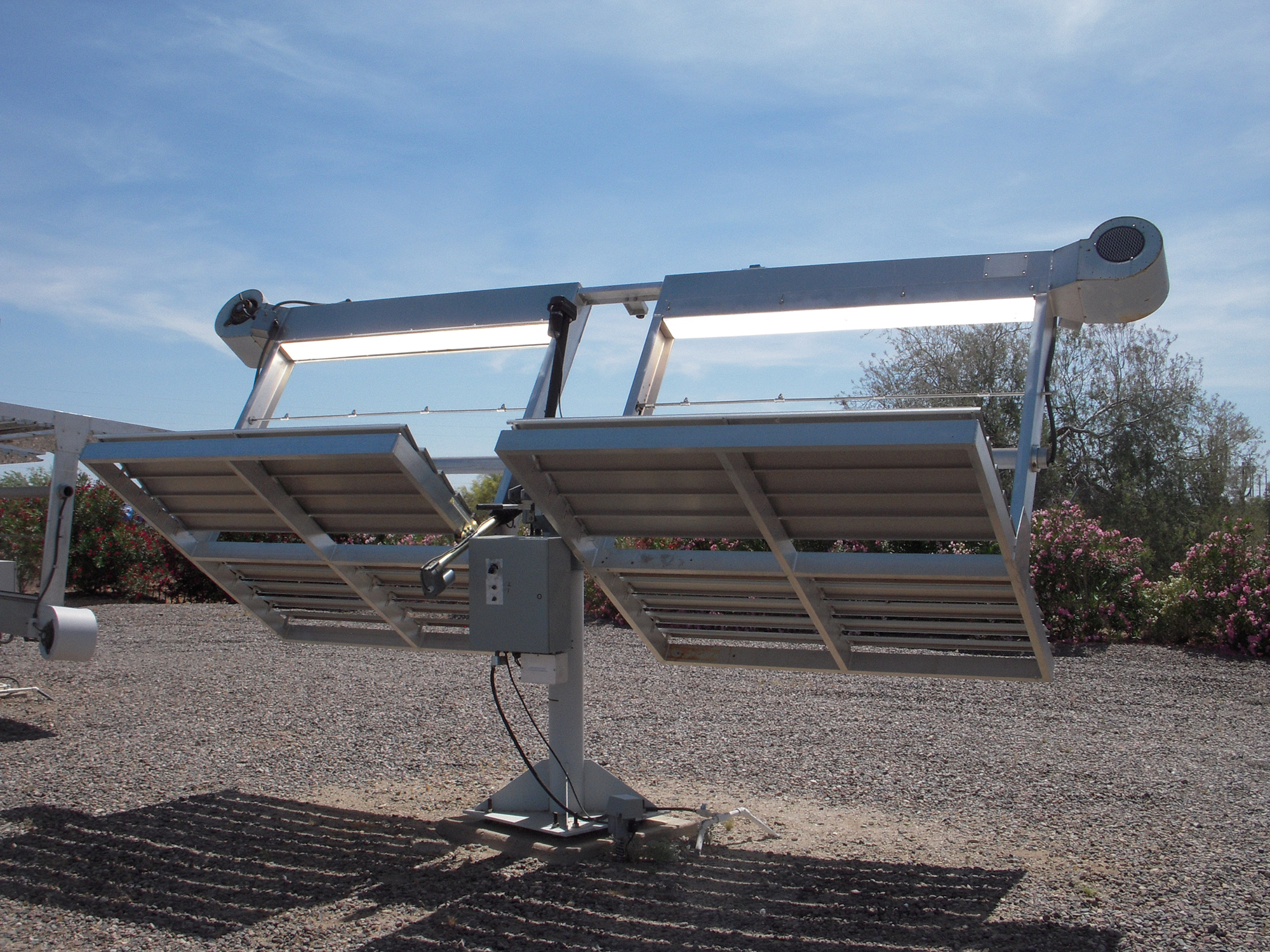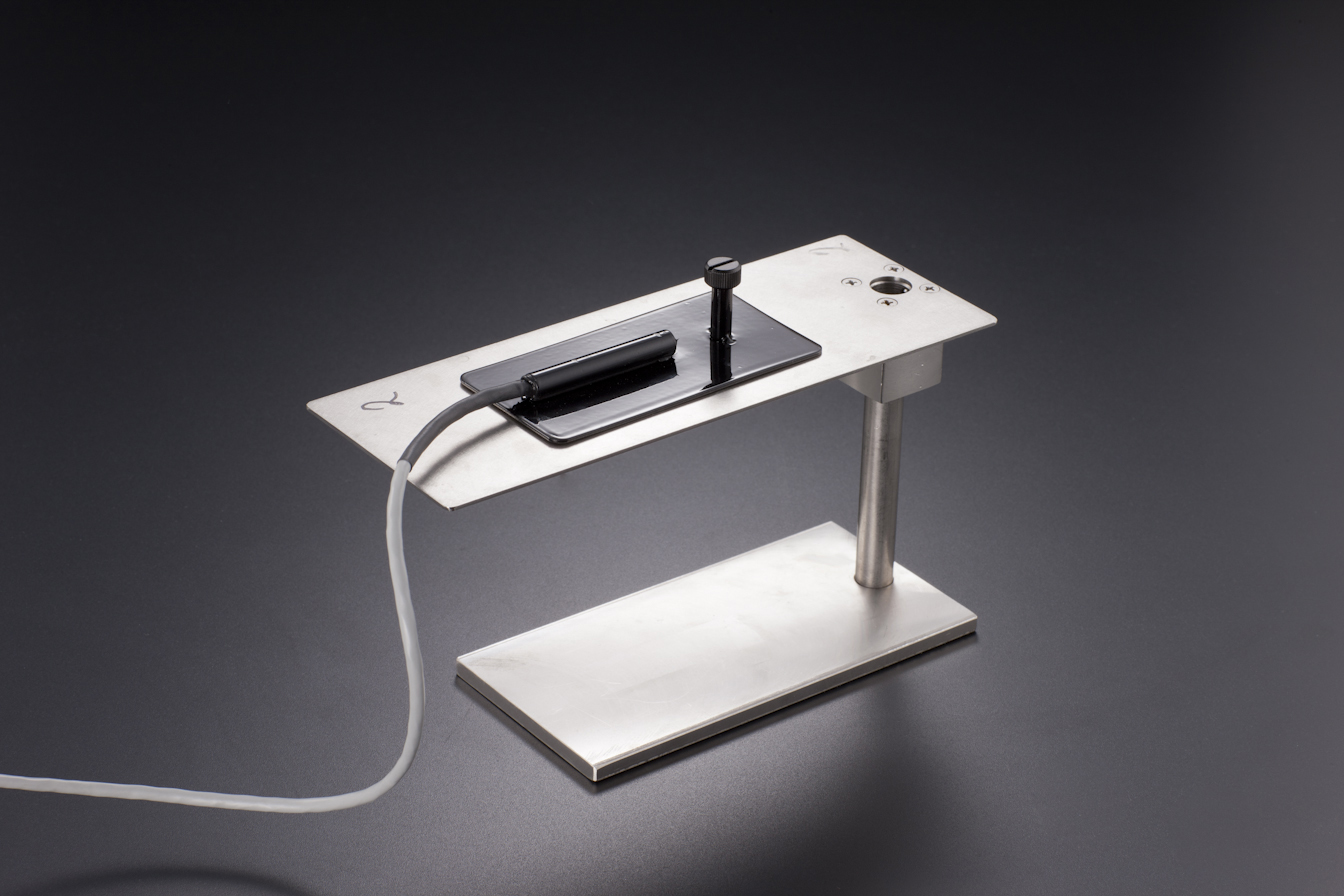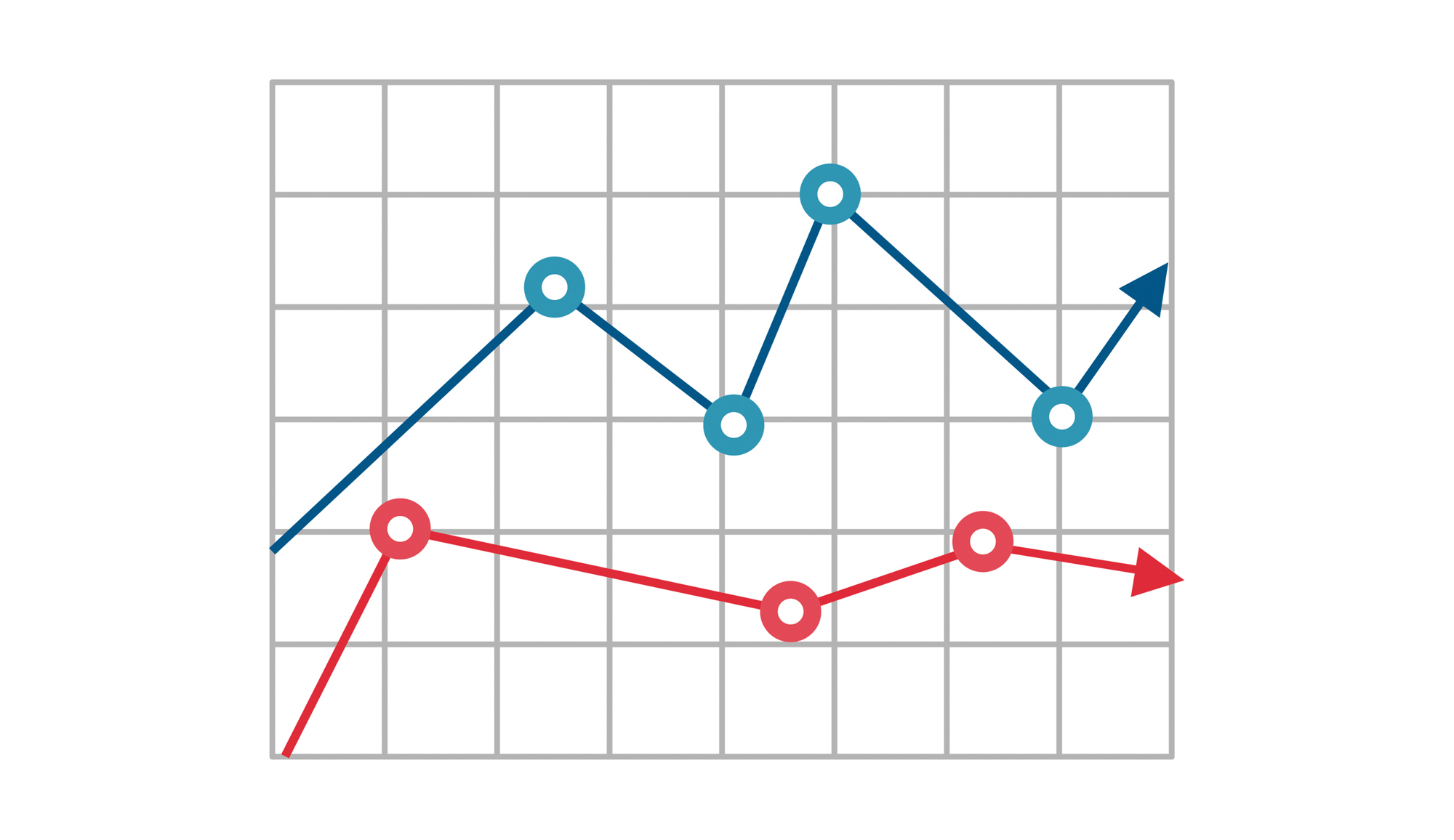Cyclic corrosion testing is intended to be a more realistic way to perform salt spray tests than traditional, steady state...
Why should I do weathering or light stability testing at all? What is my ROI?
by Sean Fowler on Jun 23, 2020 3:53:26 PM
The Big Payback on Weathering & Light Stability Testing: Quite often, weathering and light stability testing yields huge...
Why Is Relative Humidity Important in Laboratory Corrosion Testing?
by Sean Fowler on Jun 19, 2020 10:39:24 AM
Corrosion is caused when a metal is in contact with water and an electrolyte, such as a salt. In this corrosive environment,...
What is the Best Way to Accelerate Moisture Uptake in a Weathering Test?
by Bill Tobin on Jun 19, 2020 10:39:13 AM
In accelerated weathering testing, water is often the most difficult factor to accelerate. You cannot make water sit on a...
What Specimen Sizes Can Be Used in a Q-TRAC?
by Andy Francis on Jun 19, 2020 10:38:46 AM
TheQ-TRAC natural sunlight concentratoris a fast, powerful way to conduct accelerated lightfastness and weathering testing...
How are Black Panel Thermometers Calibrated in Accelerated Weathering Tests?
by Dave Duecker on Jun 19, 2020 10:38:29 AM
Q-Lab’s accelerated weathering and corrosion testers all have some method(s) for measuring and controlling temperature,...
What is the Difference between Narrowband and Wideband Irradiance Control?
by Bill Tobin on Jun 19, 2020 10:37:32 AM
In Xenon and UV fluorescent accelerated weathering testing, an irradiance setpoint value is incomplete information without...

